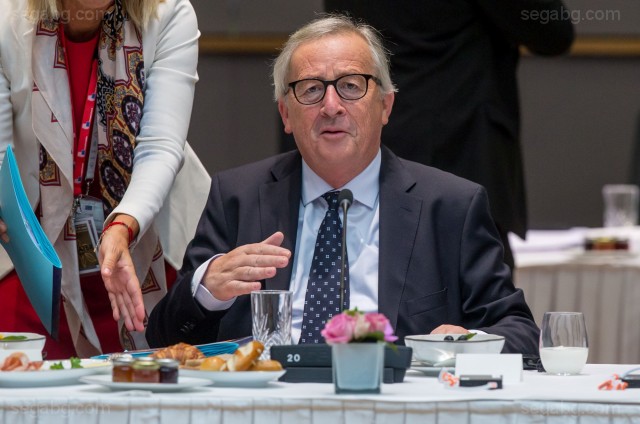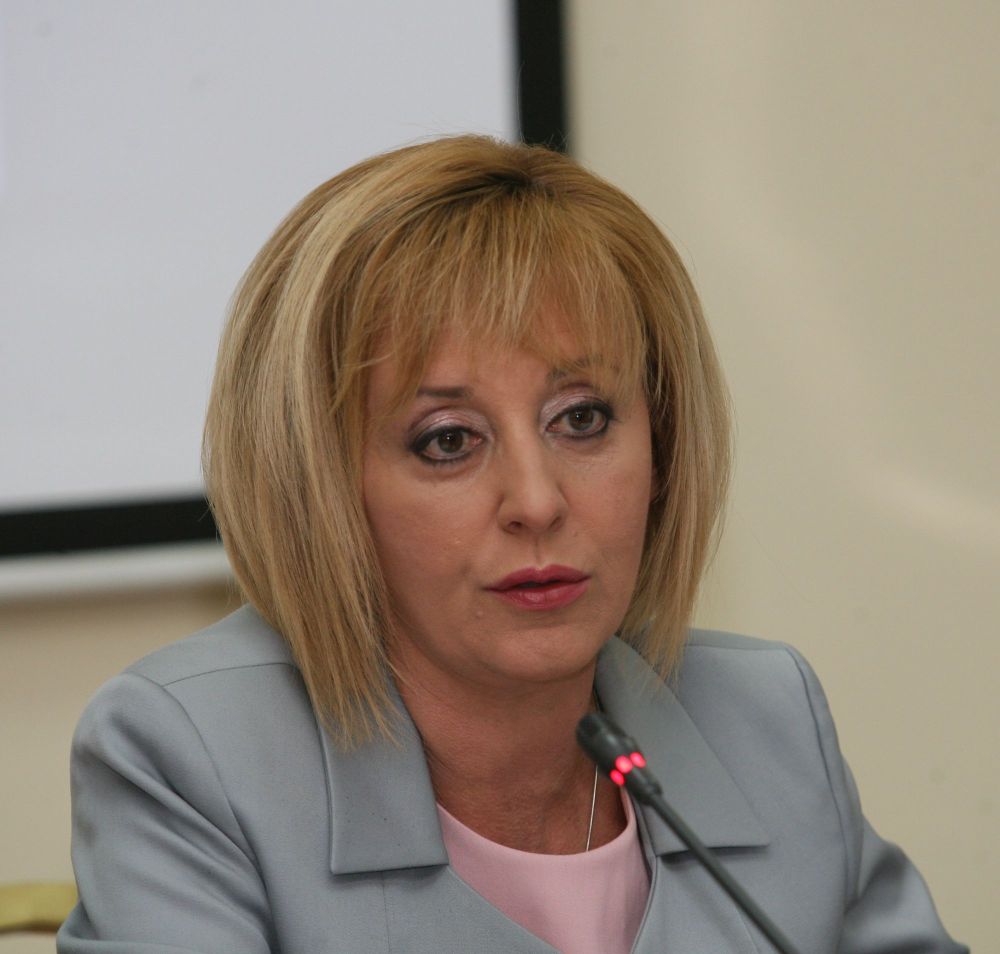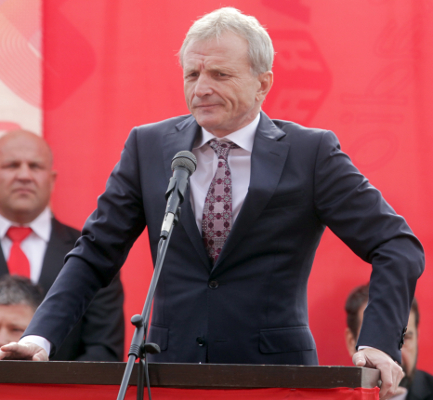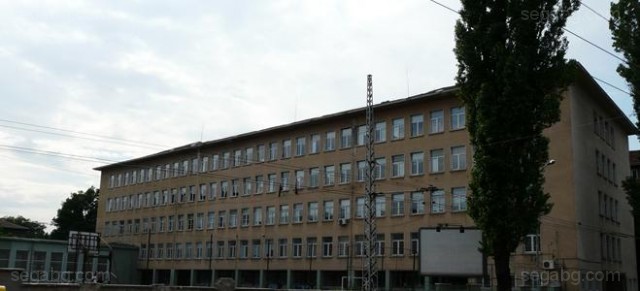Хайде, честито!
Готов е проектодоклада на ЕК който ще се одобрява утре 26ти. В него се се предлага БЪЛГАРИЯ И РУМЪНИЯ ДА БЪДАТ ПРИЕТИ В ЕС НА 01.01.2007 БЕЗ НИКАКВИ ПРЕДПАЗНИ КЛАУЗИ. Отпадането на клаузите е заслуга на Франко Фратини. При неизпълнение на ангажиментите клаузите ще се въведат след присъединяването.
Ето интервюто на Фратини в съботния “Дейли Телеграф”
EU rejects legal safeguards on Balkan nations
By David Rennie in Tampere THE European Commission will admit Bulgaria and Romania to the European Union without the special “safeguard” clauses argued for by nations including Britain, the EU’s top justice official has disclosed.
The admission by Franco Frattini, the EU commission vice-president for justice, liberty and security, dashed Government hopes that the two Balkan nations would be made to wait before enjoying full use of the most controversial EU powers.
Those include the European arrest warrant, which is issued by judges in other EU countries, but has almost the same force in Britain as a warrant issued by a British judge.
Mr Frattini said the commission had decided “it was not necessary” to impose immediate safeguards on Romania and Bulgaria.
Reformist ministers and officials in Romania and Bulgaria are the first to admit that their judiciary and prosecution services include figures notorious for corruption and links to organised crime.
Nonetheless, the commission hopes to encourage further reforms.
Mr Frattini said that when a key final report was made public by the commission on Tuesday, there would be no talk of sanctions. “We will not apply immediately for safeguard measures, but this possibility still exists, because it is in the treaty of accession,” he said.
Asked why he rejected interim safeguards to be imposed at the start, Mr Frattini said: “It is not necessary. [Instead] we will establish a mechanism to closely help Bulgaria and Romania in terms of training and assisting judges and prosecutors.”
Earlier this year, a commission report said Bulgaria had much more to do to fight corruption in the judiciary and criminal justice system.
Organised crime “puts into question the rule of law in Bulgaria”, it said.
From Jan 1, 2007, when the two countries are to join, Romanian and Bulgarian judges will be able to issue European arrest warrants, on the basis that their judgments are as sound as those issued by British, Swedish or Dutch courts.
In two years, a related legal instrument, the European evidence warrant, will come into force, and will be open to judges from the two nations.
Under the evidence warrant, agreed at a political level in June, a Spanish judge investigating a rape on the Costa del Sol would have the power to send British police to a tourist’s home in Britain, to search for a specific item of clothing, for example.
The new European warrants are founded on the principle of “mutual recognition”, meaning that British authorities have only a few technical reasons to object to a warrant, and in most cases must execute them automatically. A British court could reject a warrant if it was felt that the court issuing it had breached “fundamental rights”.
Privately, British officials have argued strongly that safeguards imposed as a transitional measure on both Romania and Bulgaria are the only way to address serious concerns about lingering problems in the area of criminal justice. david.rennie@telegraph.co.uk
Редактирано от - Gan(ю)гоТрий на 25/09/2006 г/ 00:20:36






























 Сидеров бил "антисистемен"... Ами че Европа , май и тя е такава... Упорито иска да ни разбие "мутросистемата" ... Бедни ми , бедний , апаратчико Първанов... Не си наясно кой е блокирал развитието на този народ ?
Сидеров бил "антисистемен"... Ами че Европа , май и тя е такава... Упорито иска да ни разбие "мутросистемата" ... Бедни ми , бедний , апаратчико Първанов... Не си наясно кой е блокирал развитието на този народ ? 


